|
'The supreme happiness of life is the conviction that we are loved.' (Victor Hugo) Bursting with excitement would be an understatement. These poor Filipino children today know that something very special is about to happen, but neither they nor their families know what it will be. Living in a very poor community that exists at subsistence level in a cemetery, they don’t normally expect to be seen, let alone be treated to gifts. When Jasmin, her daughter and her small team of helpers appear, the whole community goes wild. Supported by friends in the UK and Germany, every one of the 127 children receives a mattress to sleep on. Christmas gifts and food parcels are distributed too. With wide smiles of joy, the whole community springs spontaneously into song and dance. God is amazing. Love in action. We can be hope.
26 Comments
Today is a dark day. The wind and rain outside reflect the deep, dark feeling inside. One of the women who featured in small things, the video, in July…has died. She didn’t die from an accident or a serious illness. She died because she is poor. She loved to help others and brought joy to the lives of those who live on the far edge of hope. That is her tribute – her simple, beautiful legacy. With no shoes to wear, she got a small cut on her foot. Not wanting to burden her family with the cost of help that they too could ill afford, she hid it from them and didn't say anything. She wrapped a makeshift bandage around it, but couldn’t keep it clean. With untreated diabetes, no sanitation and being too poor to access doctors, hospitals or medication, the wound festered and killed her. I hate that the poor are so vulnerable. And I’m trying to remind myself: we can be hope. ‘Not all of us can do great things. But we can do small things with great love.’ (Mother Teresa) Small things are big things in the hands of the poor. Imagine this: you live in dire poverty, in a cemetery. You and your neighbours each have only a handful of possessions – mostly a few clothes – and have nowhere to keep them clean or dry. In fact, you live life day-by-day, moment-by-moment, and have no discretionary income whatsoever. No-one sees you, and no-one helps. Then, today, a woman appears, as if out of nowhere, carrying sturdy plastic boxes and offers them to you freely, as ‘a gift from Jesus’. At first, you can’t believe it. Your face lights up as you realise: they really are for you and for your friends. A woman in your group, who hasn’t been able to hear or speak since birth, rushes to this woman, throws her arms around her neck…and cries. A box full of love. A beautiful hug. Small things are big things. We can be hope. ‘The purpose of life is not to be happy. It is to be useful, to be honourable, to be compassionate, to have it make some difference. That’s what it is to live and to have lived well.’ (Ralph Waldo Emerson) Life is hard-edged for the poor. The last person who reached out to this marginalised community was stabbed. That was an unhappy ending to a hope-filled good intention. Not deterred by this, a Filipina saw the unseen, the unloved, the people considered criminal, unworthy and unlovable. She was warned to stay away from this mixed group of families who eek out a living among the dead, and the dangerous gangs who wouldn’t hesitate to end her life. Nevertheless, she heard Jesus' call so she went. Not long afterwards, she stepped off public transport near this place only to witness, beside her, a woman shot dead in a hail of bullets. She learned later that the woman was killed by drug dealers, concerned she might disclose their identities to the authorities. Scared yet persevering, this Filipina has persisted in reaching out in love, building friendships, ‘sacred encounters’, as she calls them, and providing food and simple mattresses for those in greatest need. I ask her why she does it. ‘I want to show them the living Jesus walking among them, the Jesus who loves them and cares for them. I want them to know that they matter to God.’ I’m humbled, challenged and inspired (from a safe distance) by her courage and self-sacrificing love. I keep reflecting on Bob Hunter’s (founder of Greenpeace) radical stance: ‘Put your body where your mouth is.’ That’s what Jesus did – the Incarnate divine – and that’s what she’s doing now. ‘Poverty is a very complicated issue, but feeding a child isn’t.’ (Jeff Bridges) A little girl runs around excitedly while her parents wait patiently in a queue. She – I don’t know her name – pauses from time to time, crouches down and writes words or draws flags and hearts on the ground with blue and yellow chalks. She runs off again, full of energy and laughter, and her parents call to her to not stray too far. This is the opening of a new food bank hall in South Germany for asylum seekers, refugees and other people in need. I’m struck by the passion and organisation of the volunteers and by the generosity of 30+ shops that provide food weekly for some 200 families. Not stale food past its sell-by date. Freshly baked bread, vegetables etc. My tiny role, shifting empty food containers, gives me a chance to witness this event from the inside. The workers embody Jesus’ call to support and care for people who are poor and most vulnerable and it inspires me to see their love in action. The little girl skips across the car park now. Her parents look happy as they head off home. 'Home isn't where you're from, it's where you find light when all grows dark.' (Pierce Brown) I was invited yesterday to meet with a family of asylum seekers who have recently arrived in Germany from Syria. They are living in temporary accommodation, a house with no furniture, only mattresses on the floor, yet at least in a place of safety until suitable accommodation is found. The three young children greeted us excitedly with wide grins when we arrived at the door. My hostess, Margitta, a Christian activist with a passion for the poor and most vulnerable, had brought a travel cot in preparation for the arrival of the family’s new baby. As we sat on the floor together, the father pointed to himself apologetically and said, ‘No German’, then to us, ‘No Arabic.’ At that moment, some simple words and phrases I had learned some 40 years ago whilst working briefly in a Palestinian hospital came tumbling into my mind. I felt unsure if I had remembered them correctly, and a bit nervous that my English-accented Arabic might sound a bit weird, but nevertheless spilled them out: ‘Hello, How are you? Fine thanks. Please. Thank you. Yes. No.’ Etc. At least that’s what I think I said. Not exactly the stuff of fluent conversation. Yet, in that moment, the whole family looked stunned…then absolutely delighted…then with huge smiles burst into a spontaneous applause. When arriving in an alien land where so much is so unfamiliar, to hear simple words spoken in one’s own language must feel like a reassuring familiarity, a comforting reminder of one’s own home. I sensed it mattered, too, that my own stumbling German made them feel less isolated, less alone. Small things can be big things. Our weakness can be our strength. ‘If you can remove the hazard, do it. If you can’t do that, do what you can to minimise the impact of the hazard. If you can’t do that, prepare for recovery in the aftermath.’ (Bill Crooks) That was a proud moment. I stepped into the lift in a Phnom Penh hotel and there, blazoned on the wall, was a poster with a stark warning, ‘Don’t even think about it.’ It was a campaign against the child sex tourism trade, led by international Christian NGO World Vision and the Cambodian police. I had just arrived there on assignment with World Vision and, seeing its logo displayed alongside this message, it gave fresh inspiration and passion to my own work. Later that evening, I was taken by World Vision activists into a dark city alleyway to meet with some street children. The workers brought lanterns, food, drink and first aid kits to meet the children’s immediate needs before sitting on the ground to chat with them. I was amazed by the kids’ bright spirits, laughing playfully as they spoke with us. The activists opened picture books and talked the children through how to avoid the dangers of sexual exploitation. It was sobering at the end to watch the children drift off back into the mist and darkness, still smiling and waving at us as they went. I wondered what their lives must be like, eking out an existence by scavenging and begging, and I felt deeply affected by this encounter. I noticed my instinctive desire to rescue these children who were clearly so poor and vulnerable. I was struck, by contrast, by the activists’ approach to developing the children’s own resilience. On asking about this later, the activists explained to me that the scale of the challenge is so great that it dwarfs the physical resources they have to meet it. They had chosen a strategy that enabled them to reach the greatest numbers of children – recognising the hard realities of these kids’ worlds and enabling, where possible, their safety and wellbeing within those contexts. It was protection by preparation and mitigation, by standing alongside in the midst. This agonisingly difficult choice enabled the activists to focus their more intensive support and care on children who were the most vulnerable among the vulnerable; for instance, those who were sick or dying or living with severe disabilities or mental health issues. They partnered with the children, local communities, civil society organisations and central government agencies to catalyse and sustain an effective response. Love in action. We can be hope. Christ-mas. A celebration. Jesus who brings ‘good news to the poor’. What is that good news? That God has sent a Saviour into the world who stands with us, in whatever our circumstances, transforming our helplessness into hopefulness. Thank you to everyone who has been willing to stand with the poor and most vulnerable this year, and alongside me too. The Spirit of Jesus be with you this Christmas time! A disaster unfolds. Viewed at a distance of 22,300 miles (35,880km) through the lens of a weather satellite in space, the super typhoon that hit the Philippines this week looks quite majestic, its swirling shape displaying a serene, mystical beauty about it. Viewed from ground zero in the eye of the storm, it could not have looked and felt more different. Zoom in now to Jasmin, a poor woman braced with her children, wind and rain battering their fragile home ferociously. Typhoon Rai is one of the strongest storms recorded on Earth this year with wind speeds of 150mph (240kph) as it slammed into the islands. The wind rips off her house roof viciously, as if lashing out with a merciless knife, and the windows shatter, exploding glistening shards of glass everywhere. She runs downstairs with her family to hide under the stairs, praying hard to Jesus, Saviour, in the pitch blackness of night with the deafening, terrifying roar above and around them. As morning breaks and the winds and rain start to subside, the devastation around them emerges from darkness like a war zone. The house looks like an empty shell and everything she had owned has been destroyed. (The poor have no savings – and no insurance). People are walking around, dazed and dismayed by what has just hit them. Power supplies are down and long wooden posts covered in tangled cables lay broken across the roads. Debris is everywhere. People’s homes and possessions are strewn around heartlessly on the streets, as if by some angry, deranged monster. Jasmin looks around for water. Nothing. People are fighting to get onto passing motorbikes to look for help in the city. The petrol price has leapt to £8 (US $10) per litre overnight and the bike fares have soared high with it. Banks are closed, ATMs down and shops broken. No cash. Emergency vehicles with supplies can’t get through, even if they are available and want to. The roads are impassable and impossible. The village is the epicentre of a disaster zone. The floodwater from the storm risks overwhelming the fragile sewage system, contaminating any fresh water that remains and creating a dangerous public health hazard. Fears arise that corrupt officials may covertly divert relief to their own families, friends and political supporters. All infrastructure is wrecked – and desperate people can become dangerous. The poor are left to pray, hope and fend for themselves. Jasmin calls me, briefly, with a weak and faltering phone signal. She urges me to be calm. ‘Jesus is with us’, she says, with a strength of conviction that makes my own faith feel weak and pallid by contrast. Her battery goes flat and the call breaks off. There’s nowhere to charge it and no access to cash to buy a top-up card. She’s still looking earnestly for water, her children are too, and there are long queues of scared and frustrated people everywhere. Her words are ringing loudly with me as I write this and await further news: ‘Jesus is with us.’ Light shines in darkness. Remember the poor. ‘Carpe diem. Seize the day. Make your life extraordinary.’ (Dead Poet’s Society) I had total brake failure today – a near miss. I had bought a car at the weekend and the garage assured me it had been through all the standard safety checks. It turns out they hadn’t tightened a new brake pipe correctly. It almost cost me my life. Out-of-the-blue experiences like this can have a way of putting other people, relationships and things into perspective. What if I had died, or been seriously injured, or caused death or serious injury to someone else? Does my life matter enough that, to have lost it, would have been a significant-enough loss to the poor and most vulnerable? I read a biography of Lord Shaftesbury, an 19th century social reformer in the UK known as ‘the poor man’s earl’, who worked tirelessly on behalf of the poor and most vulnerable in Britain. He was a passionate follower of Jesus who selflessly and relentlessly devoted his life, resources and influence to make a tangible difference. I can think of numerous other similar examples since including Martin Luther King, Teresa of Calcutta and, in the here-and-now, Jasmin in the Philippines. At Lord Shaftesbury’s funeral, the streets were lined with literally thousands of the poor. By contrast, my own life is sometimes too shallow, too cautious or too self-serving. I can get too-easily distracted by people or things that, on the surface, I hope will make my own life easier or happier – yet invariably, over time, leave me feeling painfully empty inside. I get tempted to give out of my excess, out of what I tell myself I can afford after I have satisfied my own needs and wants first, rather than allowing faith to bite to the core. Perhaps today was a wake-up call, a near-death experience to be transformed by God into a more life-giving experience. I truly hope so. |
Nick WrightI'm a psychological coach, trainer and OD consultant. Curious to discover how can I help you? Get in touch! Like what you read? Simply enter your email address below to receive regular blog updates!
|
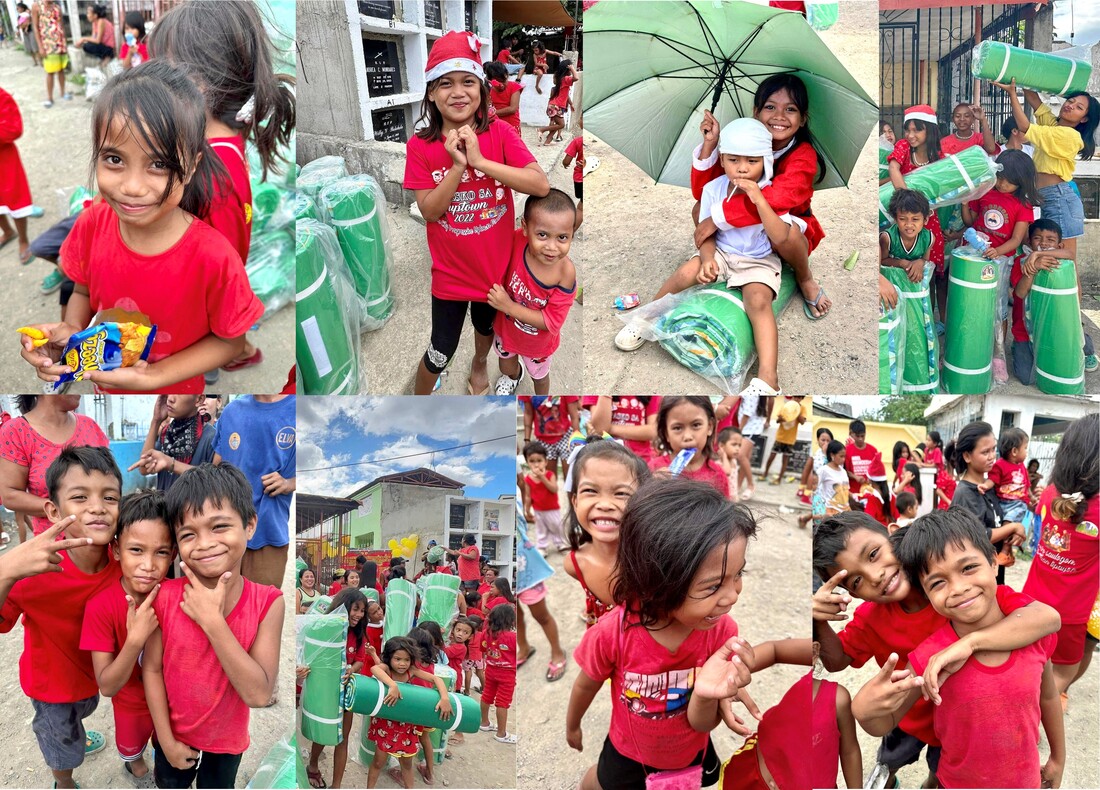
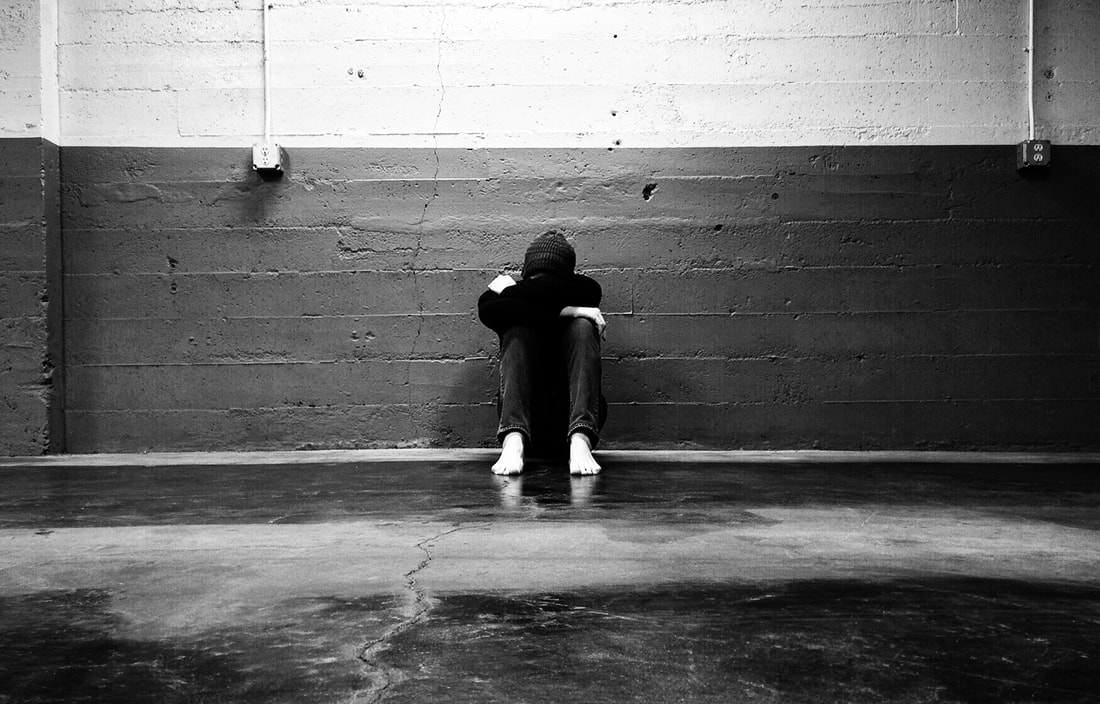
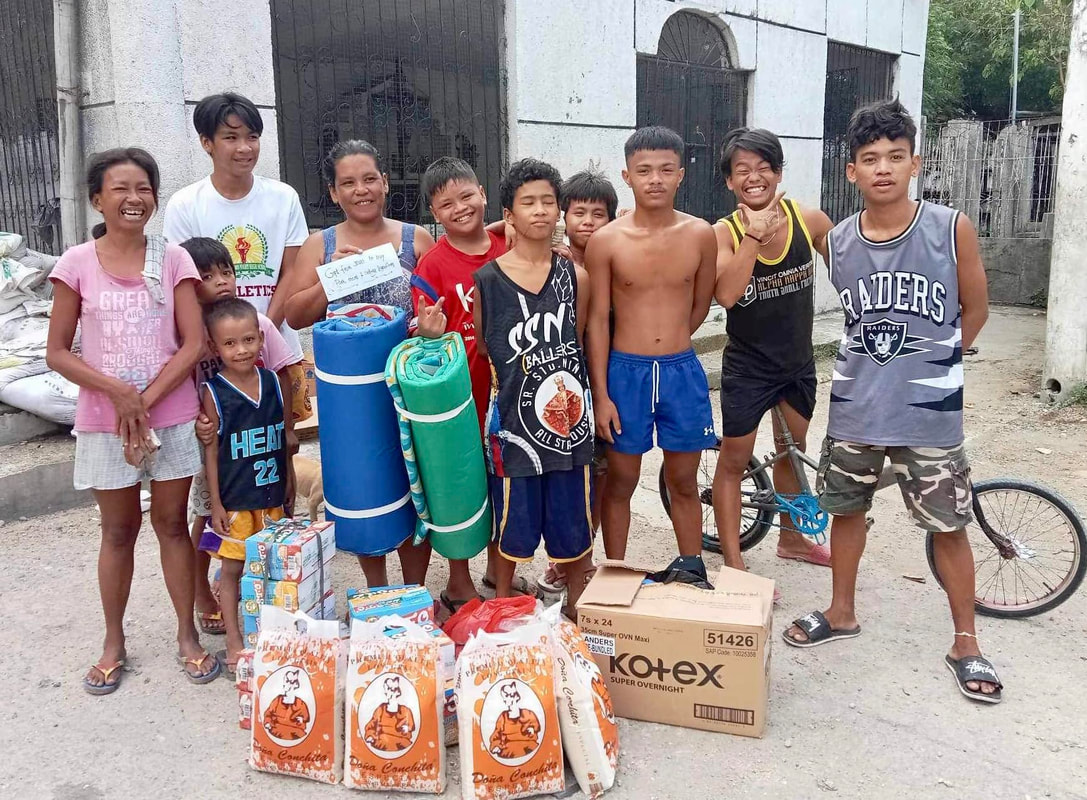
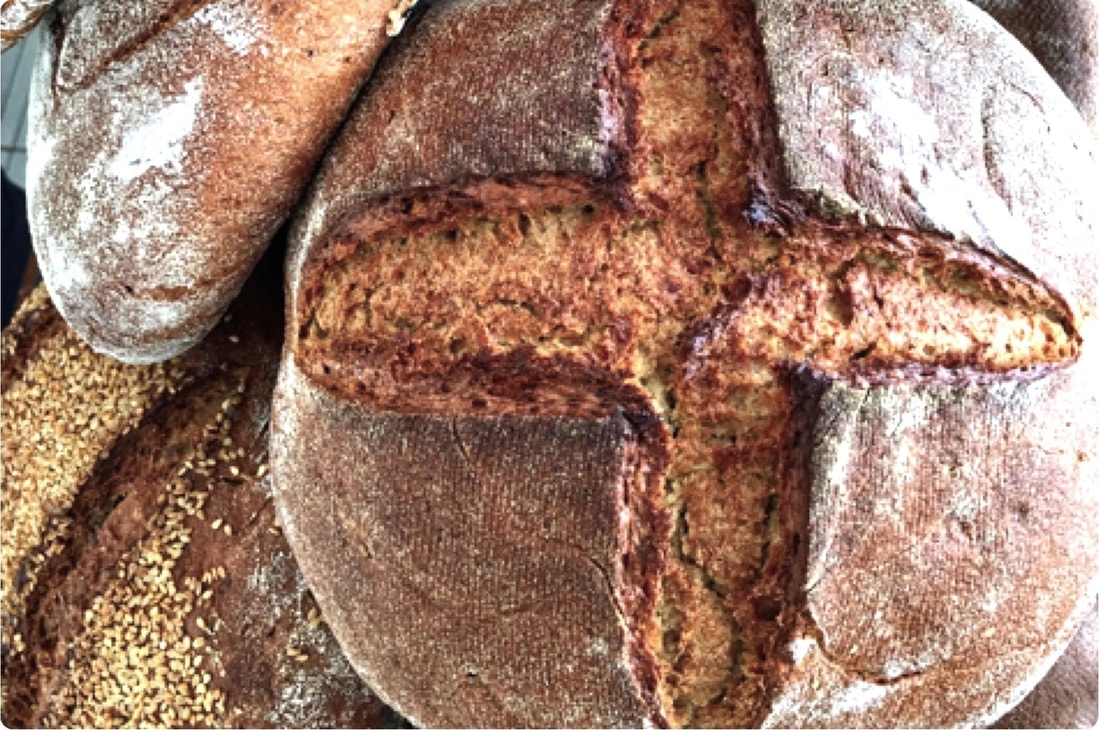
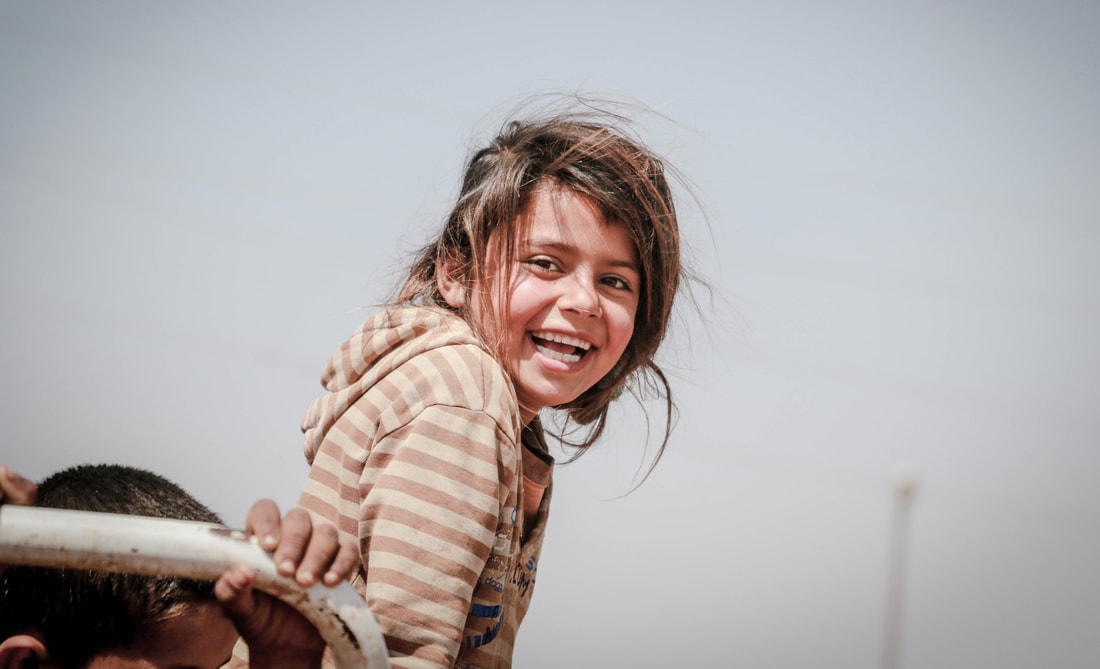
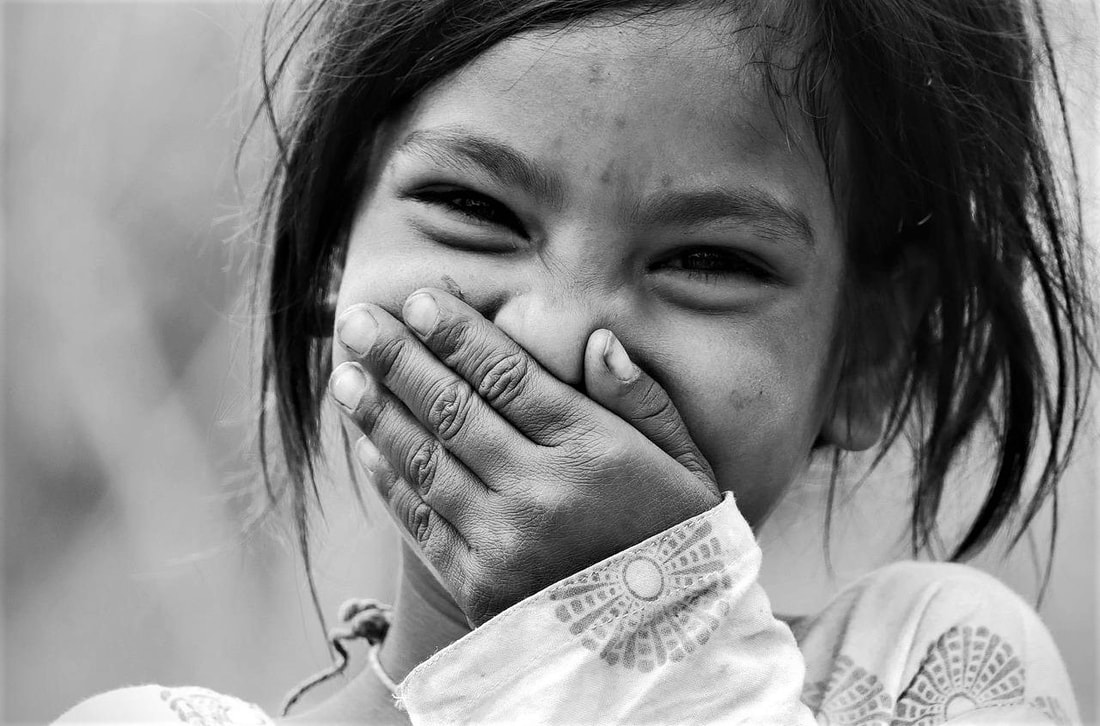
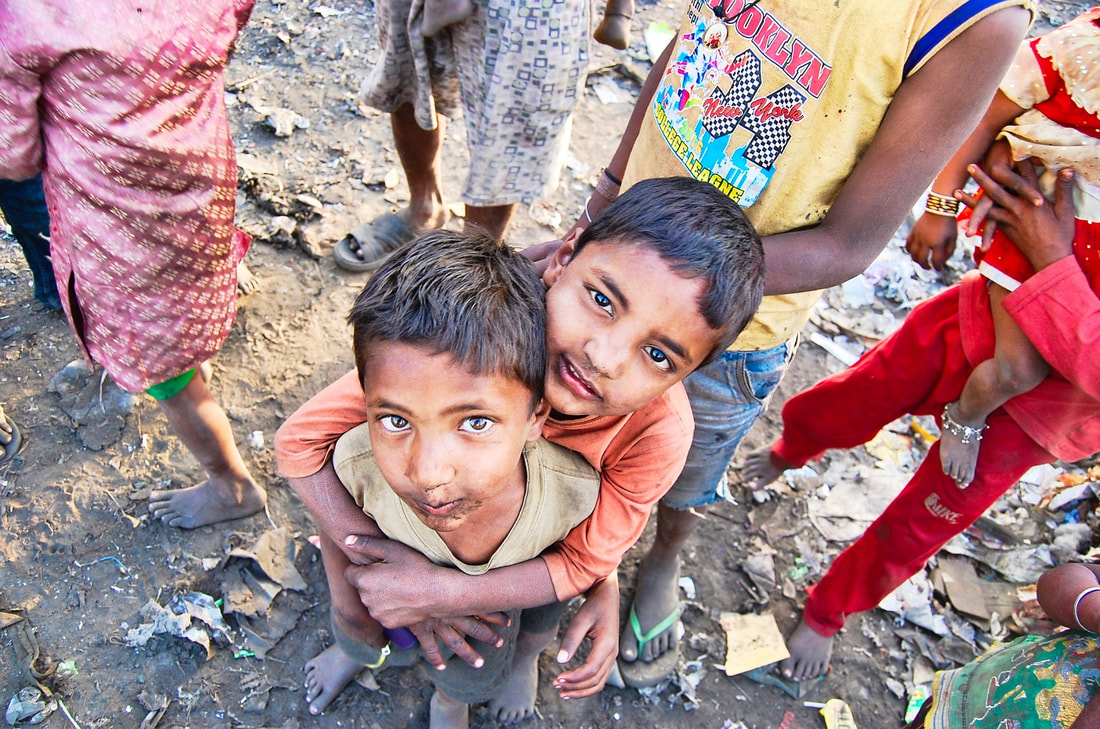
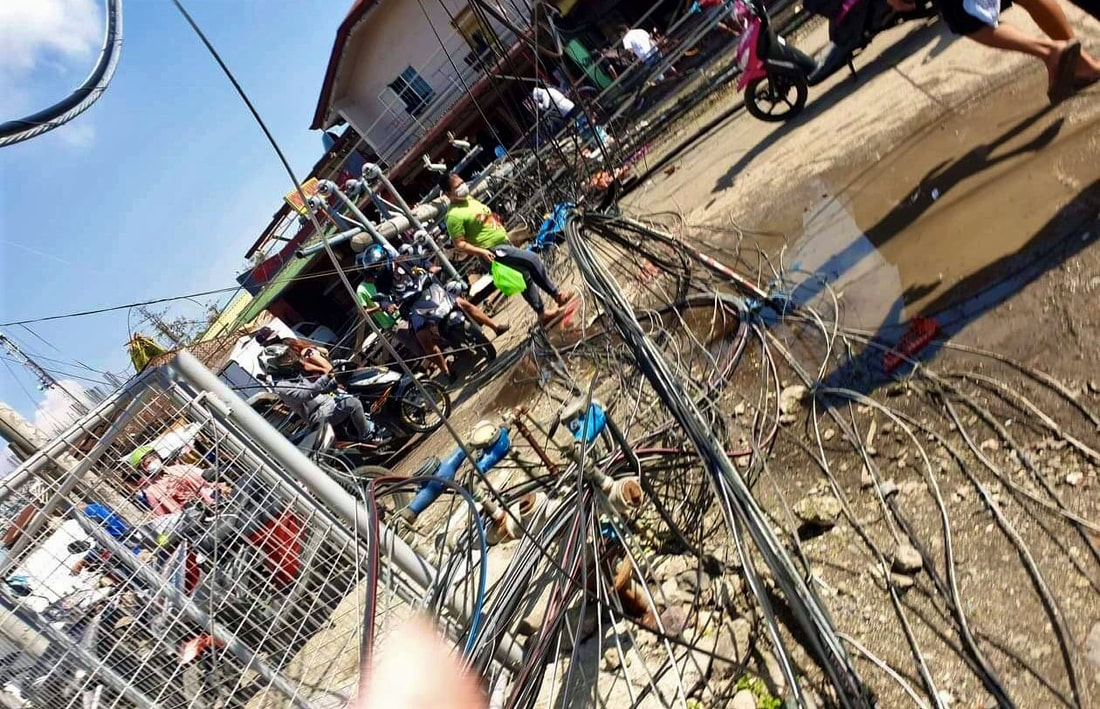
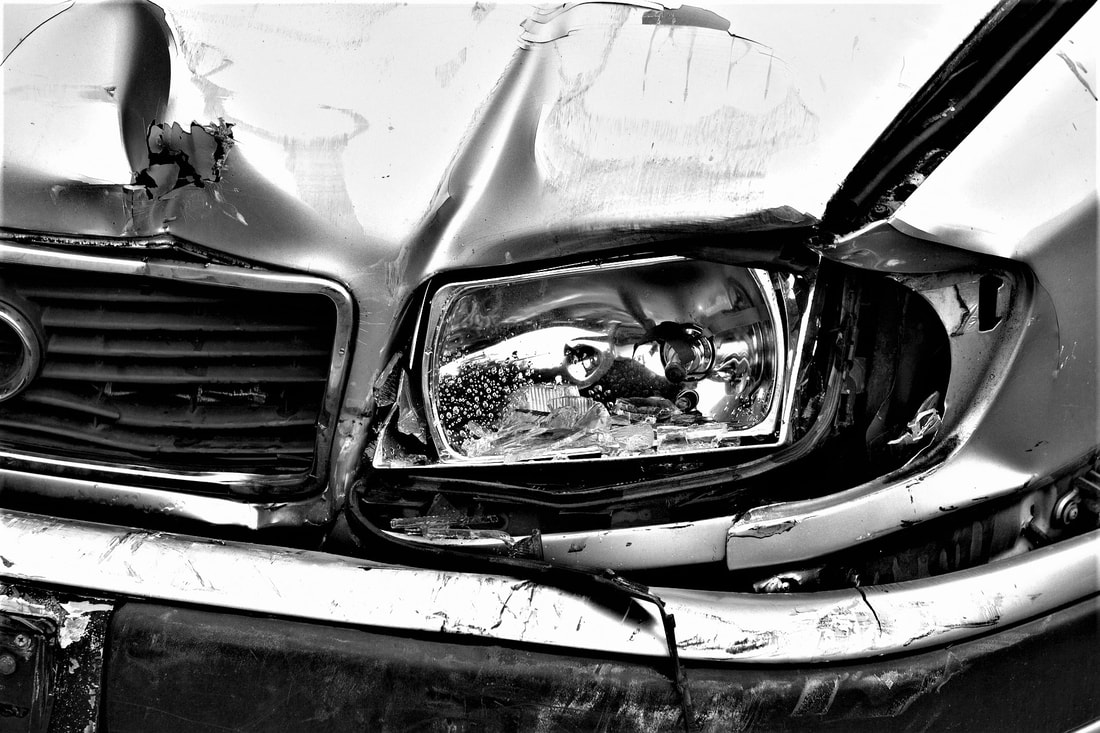



 RSS Feed
RSS Feed